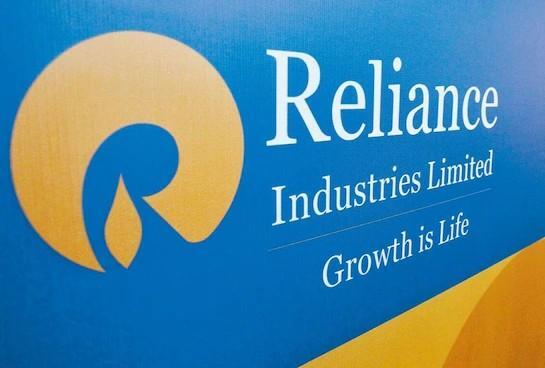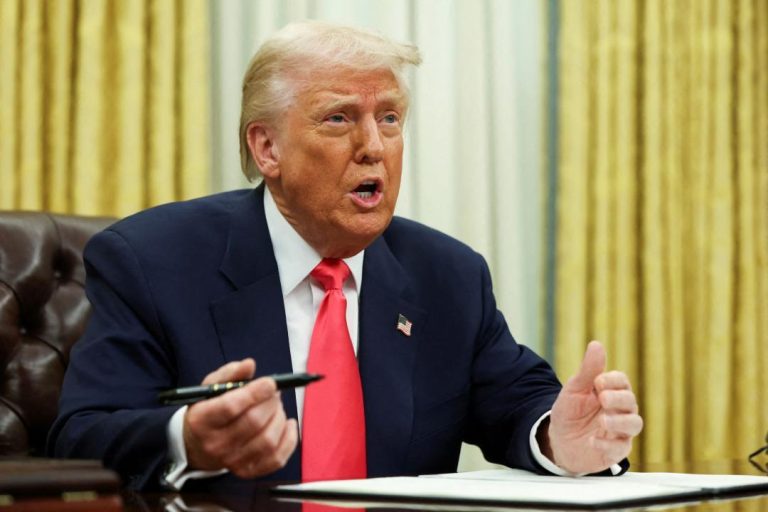
How EU’s Sanctions on Russian Oil may Affect Reliance Industries
The recent sanctions imposed by the European Union (EU) on fuel made from Russian oil have sent shockwaves throughout the global energy market. The sanctions, which aim to punish Russia for its involvement in the Ukraine conflict, have significant implications for Indian energy giant Reliance Industries. As one of the largest refiners in the country, Reliance Industries relies heavily on crude oil imports from Russia, particularly through its long-term agreement with Russian state-owned Rosneft.
In this blog post, we’ll explore how the EU’s sanctions on Russian oil may affect Reliance Industries, including the potential impact on its refining margins and its ability to export fuel to European markets.
Reliance Industries’ Russian Connection
Reliance Industries, owned by the Ambani family, is one of India’s largest private sector companies with a diverse portfolio of businesses, including energy, petrochemicals, textiles, and telecommunications. The company has a significant presence in the energy sector, with a refining capacity of over 1.4 million barrels per day.
One of Reliance Industries’ most significant partnerships is its long-term agreement with Rosneft, Russia’s largest oil producer. The agreement, which was signed in 2017, allows Reliance Industries to import crude oil from Rosneft’s vast reserves in Siberia. The agreement was seen as a significant strategic move by Reliance Industries to diversify its crude oil sourcing and reduce its dependence on Middle Eastern oil.
EU Sanctions on Russian Oil
The EU’s recent sanctions on fuel made from Russian oil are aimed at punishing Russia for its involvement in the Ukraine conflict. The sanctions, which came into effect on December 5, 2022, prohibit EU member states from importing fuel made from Russian oil. The sanctions also apply to companies that have imported Russian oil in the past, making it difficult for them to continue doing business with Russian oil producers.
The sanctions have significant implications for Reliance Industries, which relies heavily on crude oil imports from Russia. The company’s long-term agreement with Rosneft is worth billions of dollars, and any disruption to this agreement could have a significant impact on Reliance Industries’ refining margins.
Impact on Reliance Industries’ Refining Margins
The EU’s sanctions on Russian oil are likely to have a significant impact on Reliance Industries’ refining margins. The company’s refining business is heavily dependent on crude oil imports from Russia, and any disruption to this supply chain could lead to a shortage of feedstock for its refineries.
According to reports, Reliance Industries’ refining margins have already been affected by the sanctions. The company’s refining margins have dropped significantly due to the shortage of crude oil supplies from Russia. This has resulted in a decrease in the company’s refining capacity, which could lead to a reduction in the production of petroleum products such as diesel, gasoline, and jet fuel.
Impact on Reliance Industries’ European Business
The EU’s sanctions on Russian oil are also likely to have a significant impact on Reliance Industries’ European business. The company has a significant presence in the European market, with a number of refineries and petrochemical plants located throughout the region.
Reliance Industries’ European business is heavily dependent on crude oil imports from Russia, and any disruption to this supply chain could lead to a shortage of feedstock for its refineries. This could result in a reduction in the production of petroleum products, which could lead to a decrease in the company’s revenue.
In addition to the impact on its refining margins and European business, the EU’s sanctions on Russian oil could also have a significant impact on Reliance Industries’ ability to export fuel to European markets. The company’s European refineries are designed to produce a range of petroleum products, including diesel, gasoline, and jet fuel, which are then exported to European markets.
Conclusion
The EU’s sanctions on Russian oil are likely to have a significant impact on Reliance Industries’ refining margins and European business. The company’s long-term agreement with Rosneft is worth billions of dollars, and any disruption to this agreement could have a significant impact on Reliance Industries’ ability to produce petroleum products.
Reliance Industries will need to carefully consider its options in the coming weeks and months. The company could choose to continue its long-term agreement with Rosneft, which would allow it to maintain its refining margins and European business. Alternatively, the company could choose to terminate its agreement with Rosneft and focus on other crude oil sources, such as the Middle East or the United States.
Regardless of the company’s decision, the EU’s sanctions on Russian oil are likely to have significant implications for Reliance Industries’ business in the coming years. The company will need to be proactive in responding to these changes and adapting to the new realities of the global energy market.






